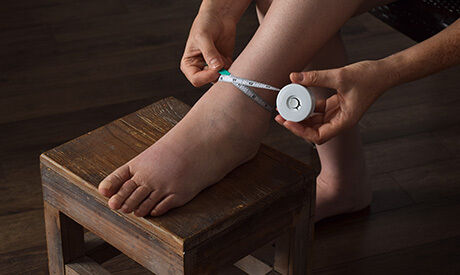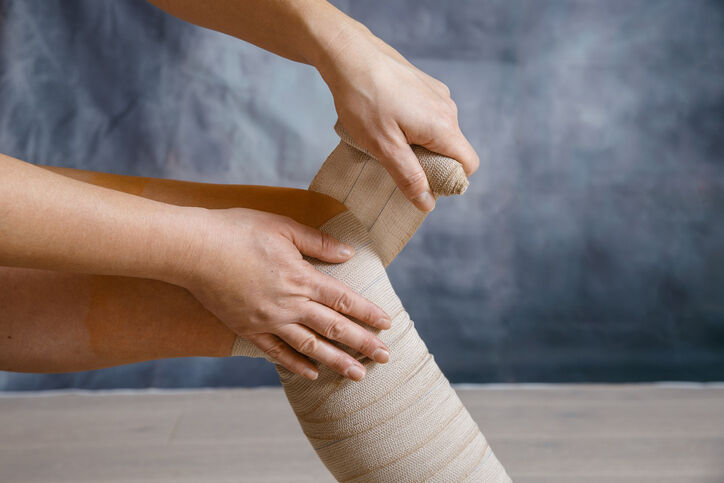Is your leg itchy? You may have vein disease. Talk to a vein specialist who can diagnose and prescribe treatment to stop the itch.
Vein disease often manifests as varicose veins, displaying twisting, protruding lines of blue and purple on the legs. Other signs of vein disease include leg pain, swelling, and cramping. But did you know that varicose veins can also make your legs itchy? In fact, itchiness is one of the most common and overlooked symptoms of varicose veins.
The intense urge to scratch your itchy legs may make it difficult to concentrate at work or sleep at night. But treatment for varicose veins can quickly relieve the itchiness and other discomforts of vein disease.
Why do your legs feel itchy?
Two types of veins are found inside your legs. The deep veins carry oxygen-depleted blood back to the heart. In contrast, superficial veins are closer to the skin’s surface and circulate blood from the skin, fat tissue, and muscles to the deep veins. The veins keep the blood flowing with the help of tiny valves that open and close to move blood upward to the heart.
Unfortunately, these valves can weaken from several factors, such as age, heredity, lifestyle, or gender. As a result, blood can backslide into the vein, causing noticeable swelling, pain, and a general feeling of heaviness in the legs. Itchy legs may also develop as a result of venous stasis dermatitis.
Venous stasis dermatitis occurs when the pooled blood trapped in the vein seeps out into the skin tissue. The skin cannot get the oxygen it needs to stay healthy. As a result, the skin becomes red, scaly, and itchy. Left untreated, the skin may break out into sores. But treating your itchy legs when you first notice the irritation can prevent further complications.
How to stop the itch
Home remedies can decrease swelling and itchiness. Try elevating your legs above your heart for 15 minutes three times daily to help move blood back to the heart. Compression stockings can also promote healthy blood flow by applying gentle pressure to leg veins.
Your vein specialist may recommend a corticosteroid or calcineurin inhibitor cream. These medications reduce inflammation and relieve itchiness. You can also try an antihistamine cream to block the histamine chemical causing the itch. An antibiotic may be prescribed if the skin becomes infected.
If the itchiness is due to varicose veins, tackle the root cause by treating your vein disease. Today’s varicose vein treatments are minimally invasive and take no more than an hour during an office visit. You’ll be able to resume your routine in no time with few restrictions.
It’s also important to take steps to prevent your varicose veins from worsening. Some of the best measures to try include:
Exercising. Exercises such as walking, biking, and swimming engage the calf muscles, which help the deep veins pump blood.
Losing weight. Excess pounds add extra pressure on your veins. By losing weight, you lift that pressure off the veins.
Move around. Sitting or standing for long periods restricts circulation in the legs. Get the blood moving by walking around every 30 minutes. If you need to sit for an extended time, you can flex your ankles regularly.
Wearing loose clothing. Tight clothing around the waist or ankles can also slow circulation, so opt for loose clothing instead.
Stop the itch now!
An itchy leg is one of the more bothersome symptoms of varicose veins. The best way to stop the itch from vein disease is to discuss treatment plans with a board-certified vein specialist, such as one at Center for Vein Restoration. We can also explore home remedies and other conservative methods to relieve the pain and swelling of varicose veins.
Contact your nearest CVR location today to schedule a consultation or speak to a representative. You may also schedule online at your convenience.
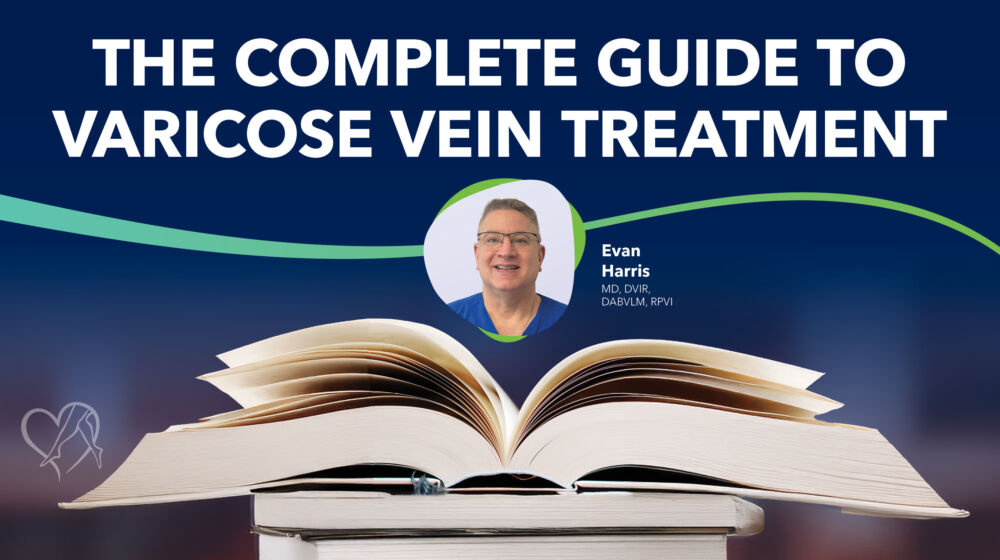
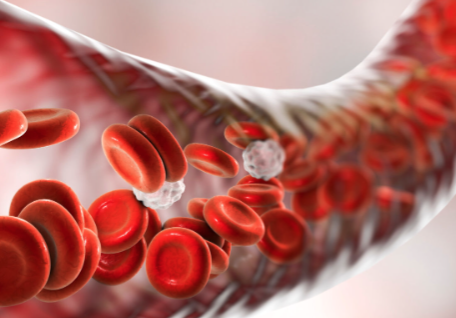 About Vein Disease
About Vein Disease
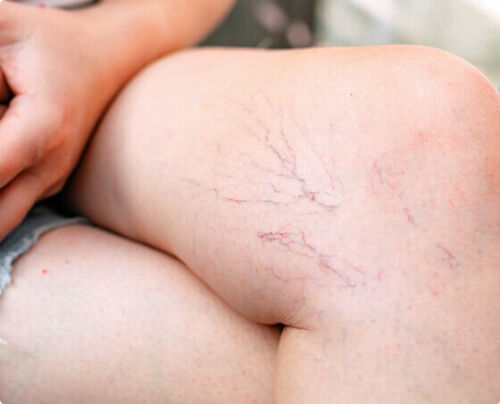 Spider Veins
Spider Veins
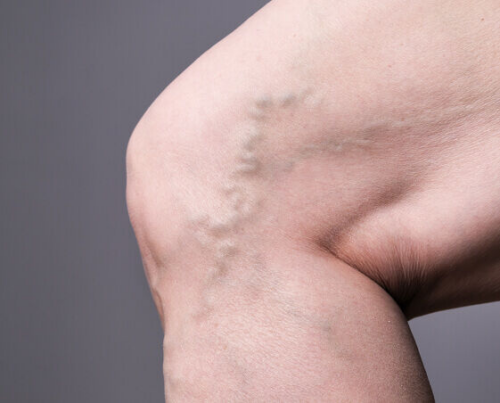 Varicose Veins
Varicose Veins
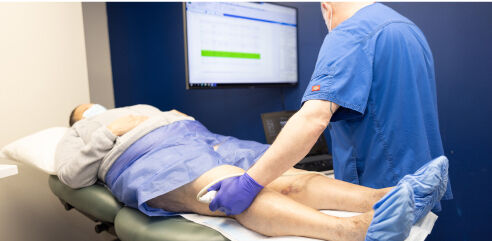 Vein Disease Treatments
Vein Disease Treatments
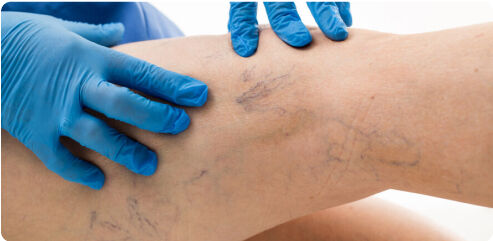 Treating Spider Veins
Treating Spider Veins
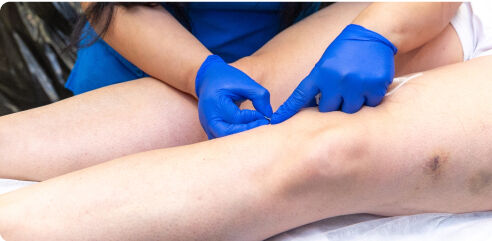 Treating Varicose Veins
Treating Varicose Veins
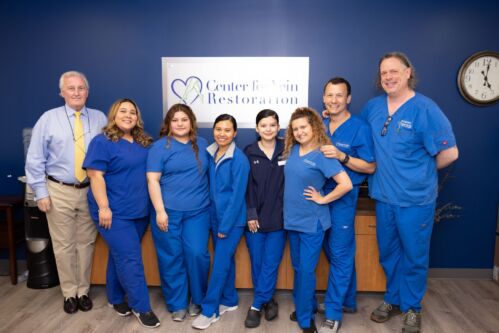 About Us
About Us
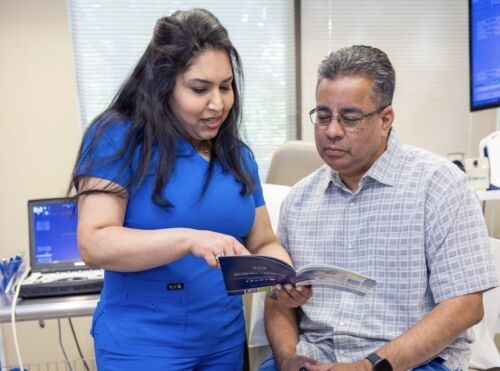 Patient Resources
Patient Resources
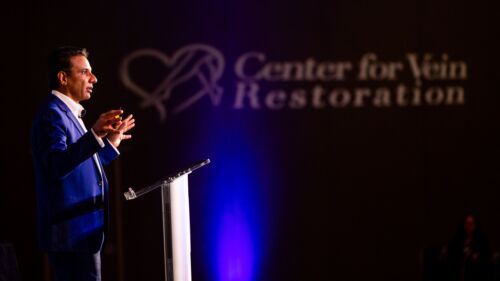 Physician Resources
Physician Resources

